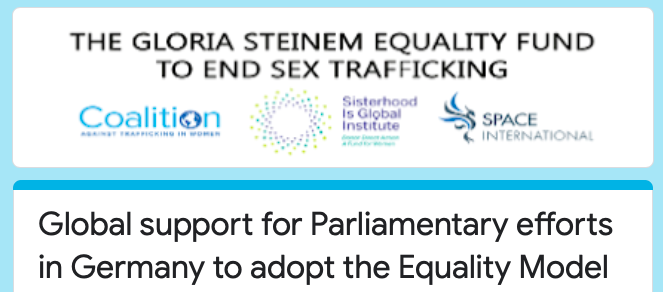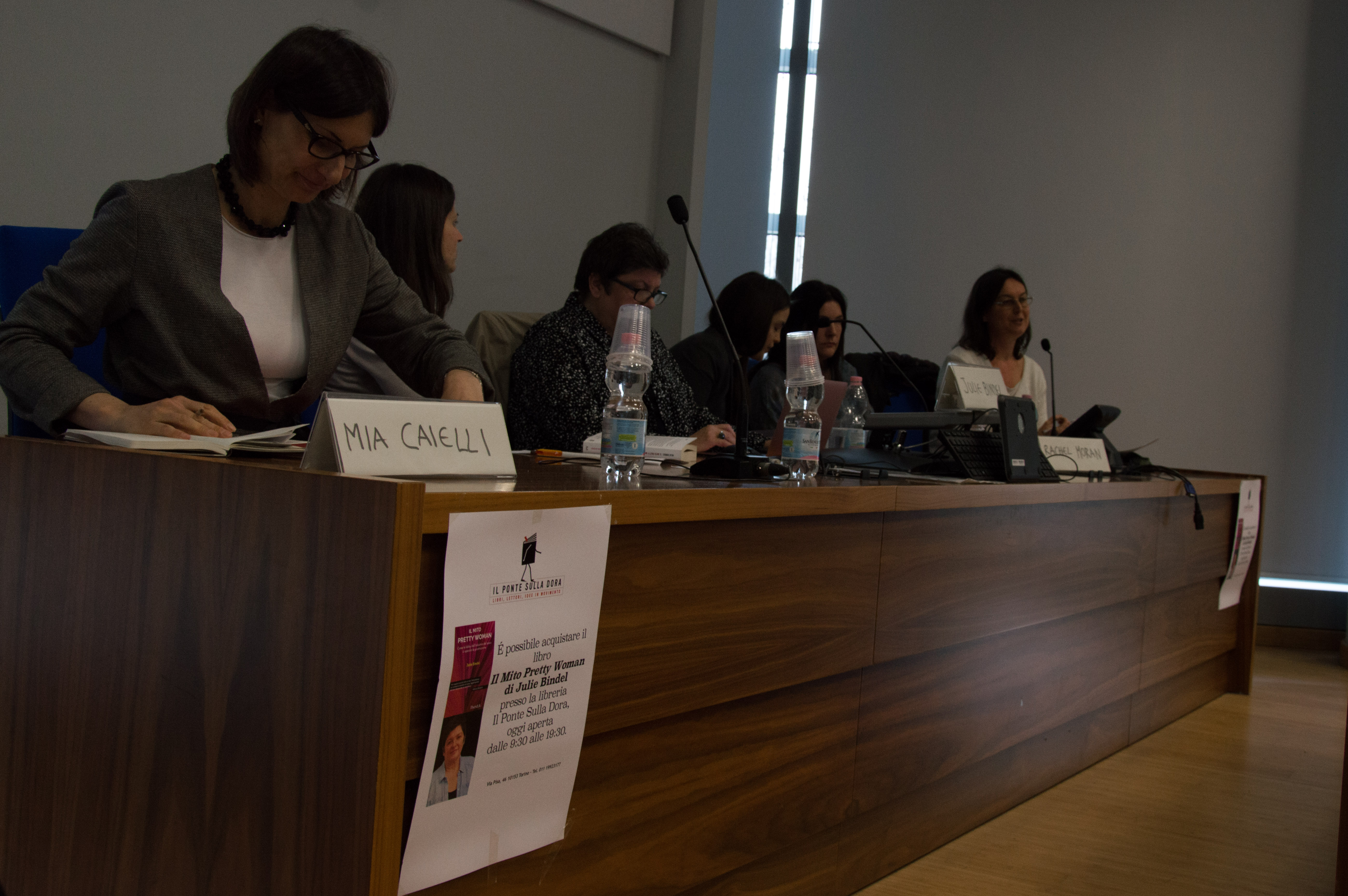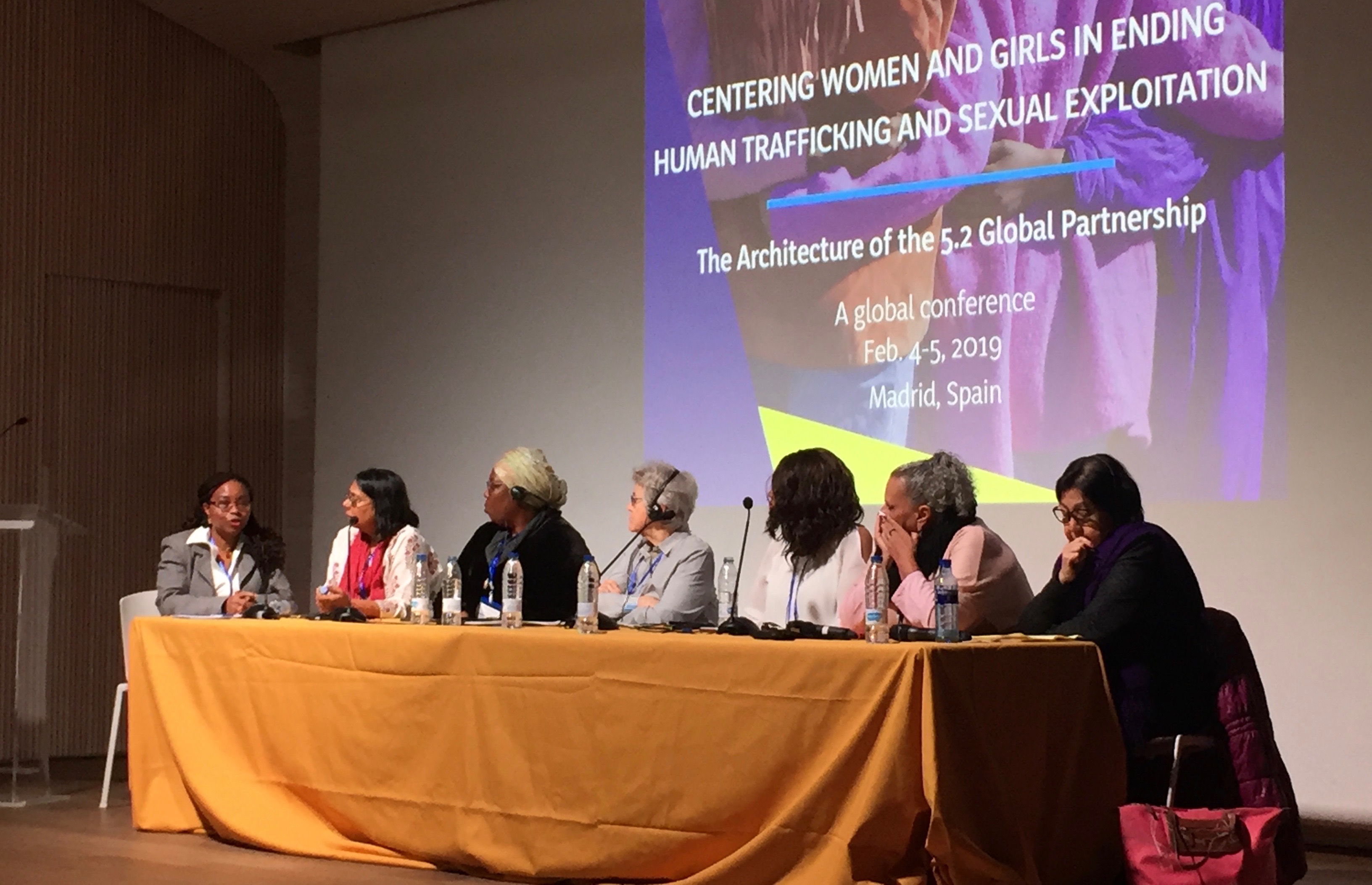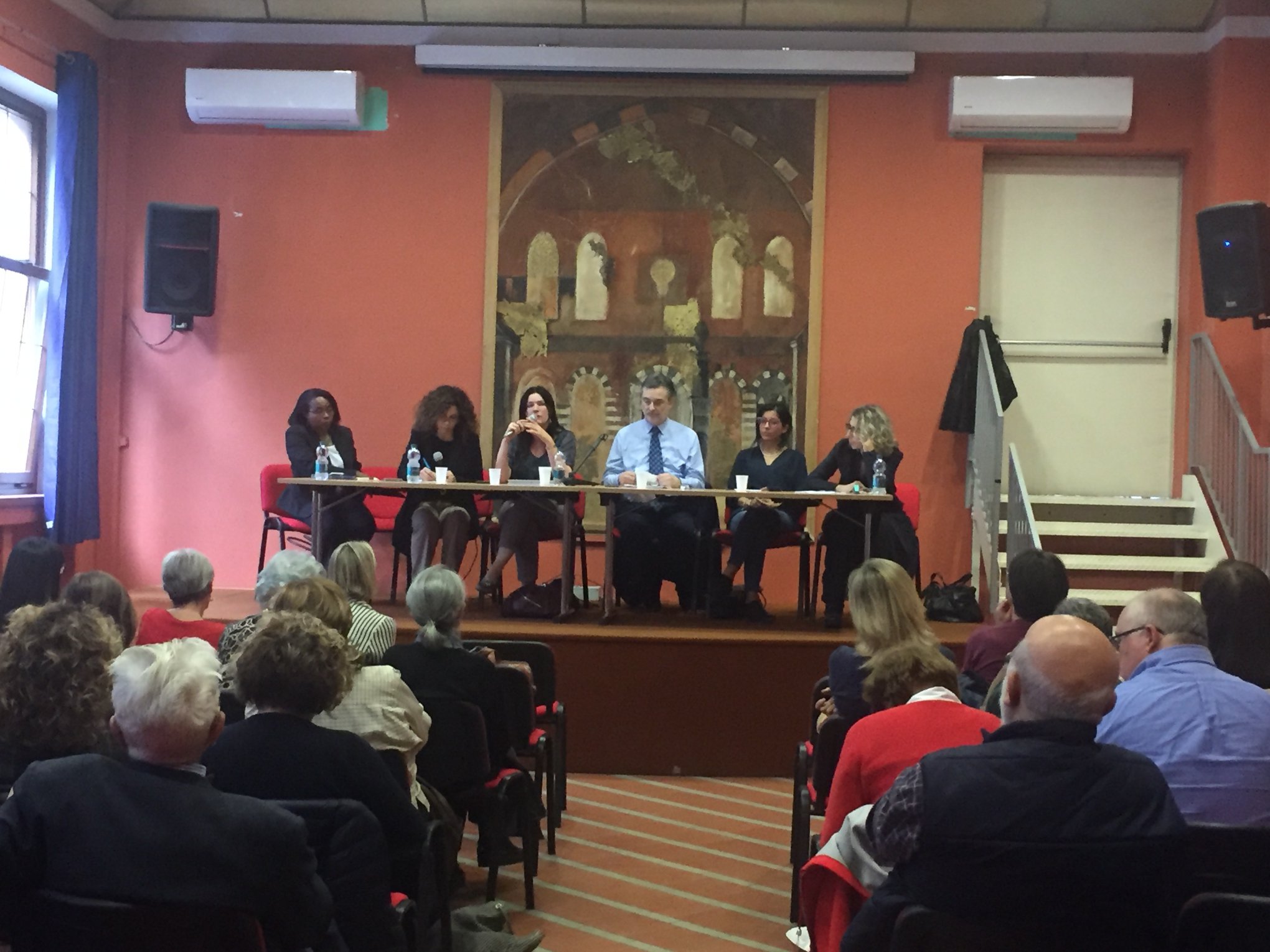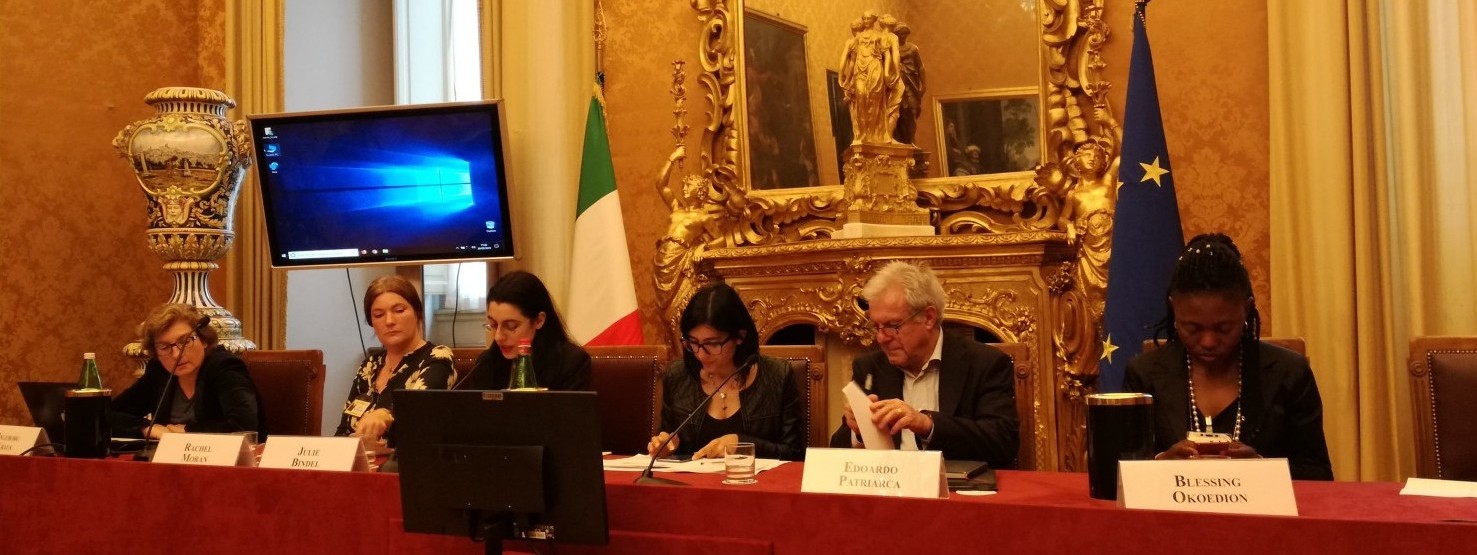This is an article written by Valentina Pazé, a professor in political philosophy at the University of Turin, and translated by Ruby Till for Associazione Iroko. It was originally published on 26-05-2020 in Volere La Luna. You can find the original Italian version here.
Prostitution: a job like any other?
The sex industry is among the sectors of the economy that have been hit hardest by the recent lockdown. Shendi Veli reminded us of this in her article on 12th March in Il Manifesto, talking about the fact that so-called sex workers had been abandoned during this pandemic. She presented the classic demands made by proponents of “decriminalisation”: from the recognition of prostitution as a legitimate form of work, to the legalisation of practices linked to prostitution, its aiding and abetting (favoreggiamento), currently illegal in Italy, and even at times cited in cases against those who rent houses to women in prostitution or live with them (according to an incorrect interpretation of the Merlin Law, criticised by Silvia Niccolai in Né sesso né lavoro. Politiche sulla prostituzione, Milano 2019, pp. 70-117).
In her contribution to 27esima ora on 22nd May, Luciana Tavernini showed us the other side of the coin: “Calling prostitution work is a way to convince people that everything, even going as far as access to internal parts of the body, can and should be sold, and at best we can fight to increase the price. This is an old trick that aims to hide exploitation by disguising it as work.” And so, rather than supporting the legalisation of those who profit from the prostitution of others, we should look to the section of the Merlin Law that provides for training and work placements for women who wish to change their lives. Who wish to get out of a ‘business’ that the overwhelming majority of them have ended up in out of necessity, and in some cases even force and duress (victims of trafficking), certainly not out of choice.
Read More





